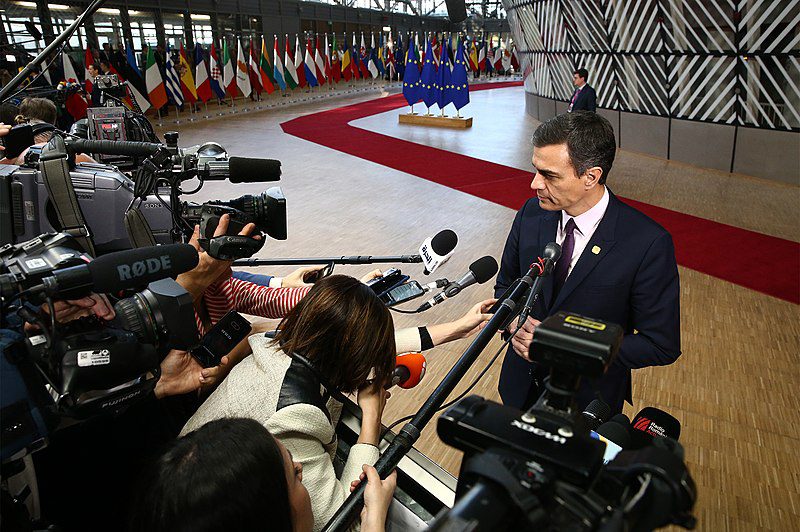
The recent regional and municipal elections have dealt a thorough change to the Spanish electoral map.
Regions and cities that were key to the ruling coalition will now shift to the centre-right PP (in some cases, with the support of VOX). This, together with those regions in which the Right already governs, leaves very little room for the socialist-led national government to maneuver, especially given the country’s high degree of administrative decentralization.
Ordinarily, Prime Minister Sanchez would have congratulated the winning party, showing up before the cameras to recognize his share of responsibility, so far as his party’s losses are concerned and, perhaps, to outline some reasons for so resounding a failure.
This did not happen, however.
The PM’s response has been one of hostility, invoking such descriptors as “extreme Right and far Right,” a “reactionary wave,” and “ultras,” when referring to the PP and VOX and, presumably, their voters, which is to say, the majority of the electorate. The mainstream media has more or less served as the chorus to the government’s lamentations.
The PM’s rhetoric does not seem likely to capture votes, and it is likewise unclear what his calling for anticipated general elections, on July 23rd, will accomplish for his party. More than three million votes will be on holiday at the time, which has led a fellow socialist and former mayor of La Coruña, Francisco Vázquez, to refer to Sanchez’ move as “a fraud, being the worst possible date” on which to hold the vote.
During an interview, Vázquez added, with respect to the fact that many voters will therefore be relying on postal offices in order to exercise their democratic rights, that
The Director General of the [national] postal services is one of the close collaborators of the PM. Can this have an influence? One of the causes of the disaffection of the citizenry towards this government has been the occupation it has made of those organs of control and oversight that must exist in every democracy: The INE, the CIS, the CNI, the Post Office … The Public Prosecutor’s Office has all been taken over by a former minister, the Constitutional Court has been occupied by former ministers, etc. This makes us somewhat cautious.
